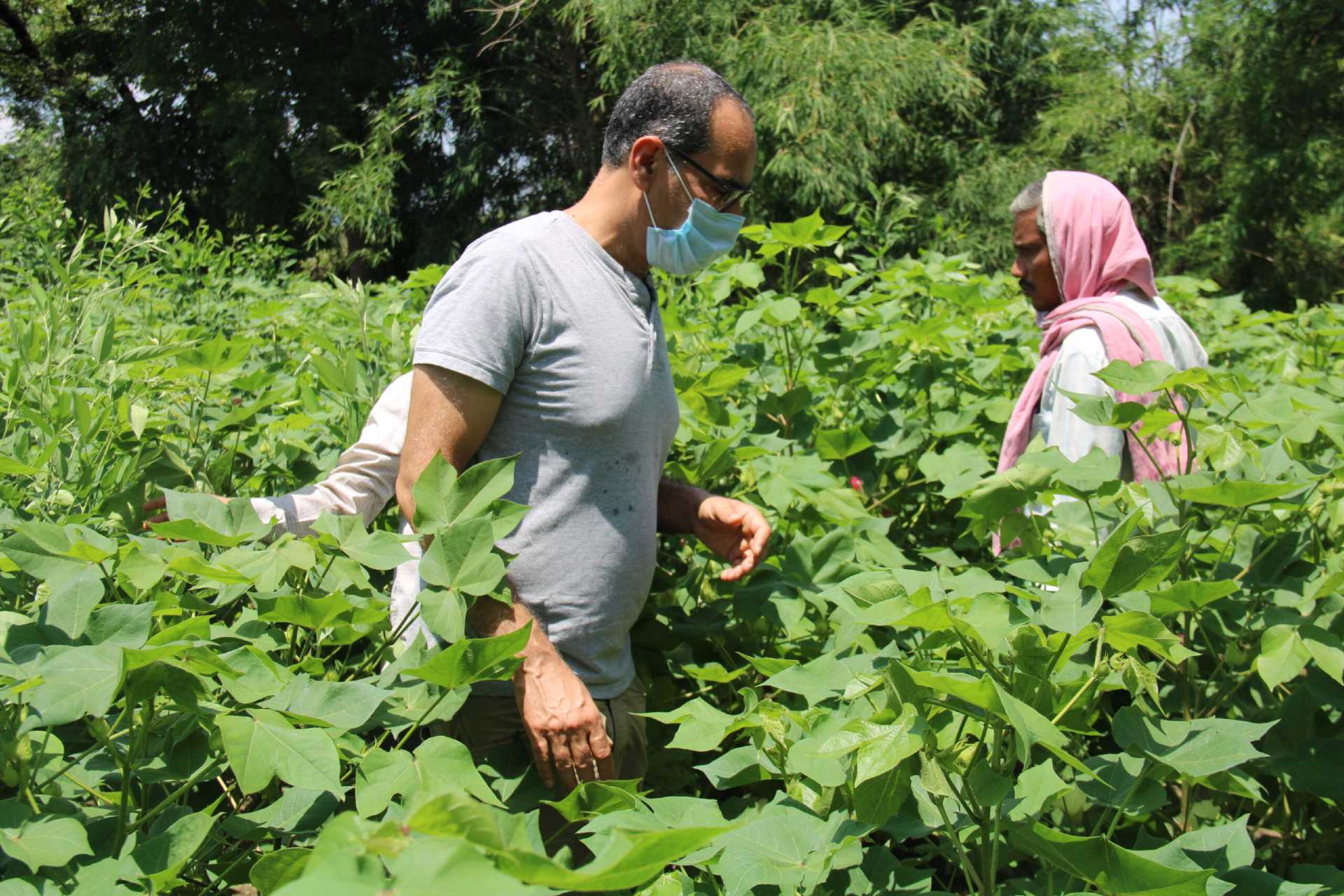
Climate impact on farmers to have wider repercussion, Better Cotton
YarnsandFibers News Bureau 2022-11-14 07:22:23 – SwitzerlandBefore further catastrophic climate change events alter the path of many people's lives, Better Cotton has sent a stern warning to leaders during COP27, urging them to achieve climate justice for farmers.
In order to promote greater openness, advocacy, and action to benefit farmers around the world, Better Cotton is pushing for increased collaboration across the fashion industry and its textile value chains.
Better Cotton contends that continuous investment in regenerative agriculture and sustainable farming is necessary to achieve both climate mitigation and adaptation as well as a just transition.
Climate change-related changes in temperature and rainfall patterns are projected to make it more difficult to cultivate cotton in many areas. The disparity in their seasonal rhythms and anticipated temperature rises could cause some crops' agricultural productivity to decline. Therefore, lower cotton yields will have an impact on the lives of already vulnerable farming communities. The recent devastating floods in Pakistan provide as an example of how weather extremes may have an overnight impact on the cotton industry and harm the livelihoods of millions of people. Over the next eight years, the apparel industry must align with the 1.5-degree roadmap and step up its efforts to make agricultural methods more sustainable, claims McKinsey. The 2030 emissions will increase if the textile sector does not solve this.
It launched its climate change mitigation aim in 2021 as part of Better Cotton's audacious plan to have a significant environmental, social, and economic effect on the cotton sector by 2030. By 2030, the goal was to cut greenhouse gas emissions overall by 50% per tonne of Better Cotton produced (from a 2017 baseline). Early in 2023, it is anticipated that four additional targets addressing the health of soil, pesticide use, smallholder livelihoods, and women's empowerment would be unveiled, with impact indicators offering reliable metrics for tracking and comparing against the baseline.
Alan McClay, CEO, Better Cotton said that they know that climate change poses a tremendous risk to cotton growers, with rising temperatures and more extreme weather events like flooding and erratic rains. By providing farmers with incentives to adopt both climate-smart and regenerative farming practices, we will assist local cotton communities in surviving and thriving.
Better Cotton is taking the lead in creating physical traceability solutions that allow retailers and brands to make more robust sustainability claims about the cotton content and provenance of their products. Better Cotton is also creating a mechanism for farmers to receive payment for their more environmentally friendly farming methods.
Market Intelligence
Ask for free sample Report

experience
Customer Base
dedicated team
Countries Served Worldwide









